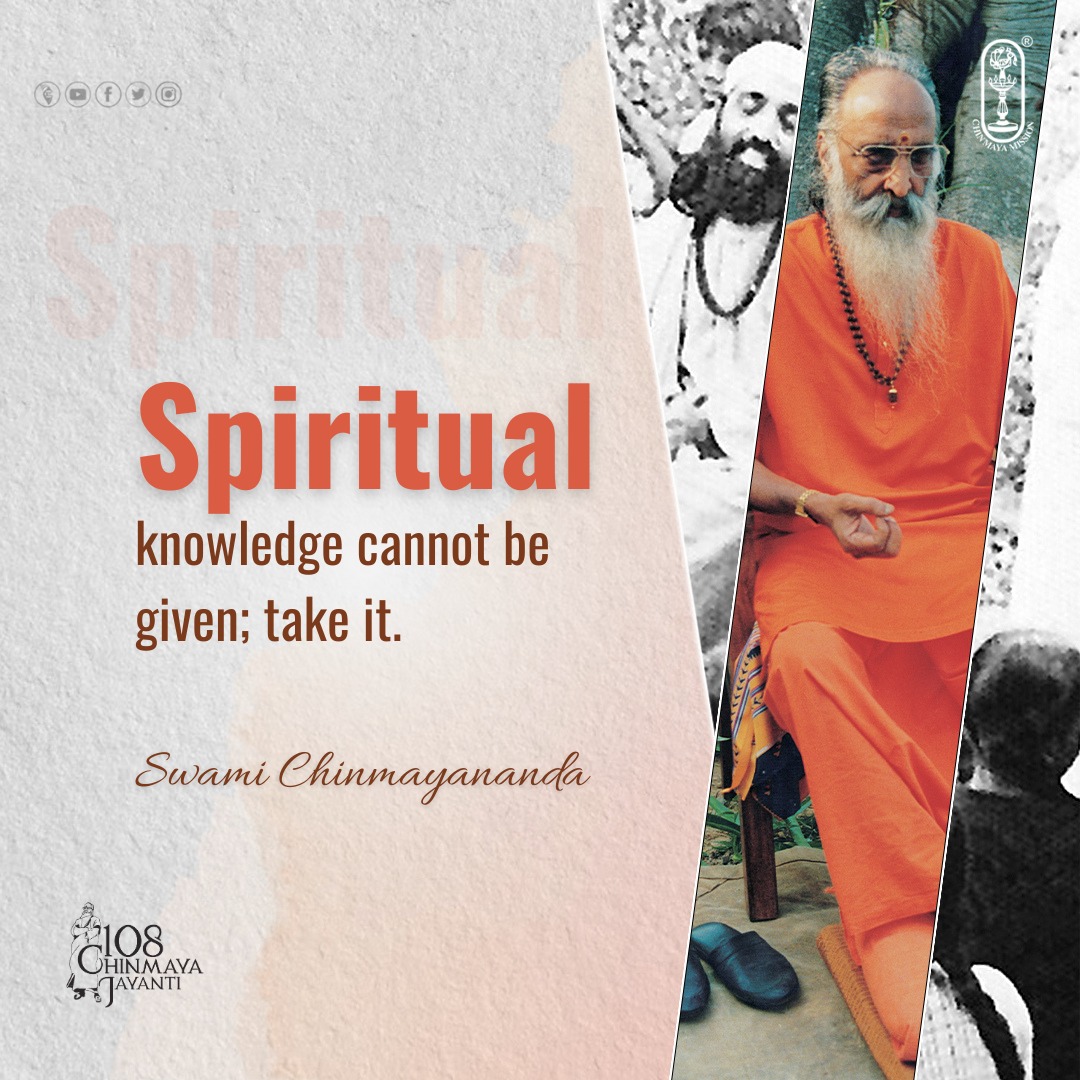The Chhandogya Upanishad - 57: Swami Krishnananda.
Wednesday 22, May 2024. 06:40.
Chapter 4: An Analysis of the Nature of the Self
Section 12: The Self as Spirit
Mantram-3 continued
Por-57.
================================================================================
Mantram-3 continued:
Prajapati said: "This is the great truth, O Indra. This is the Atman. Now do you understand what the Atman is? This is the Supreme Person, if you would call It a person." It is not a person actually. We call it a person only by way of expression, explanation for the purpose of helping the understanding of the immature mind. It is the Supreme Being. That is how we translate the term Uttama-purusha, occurring here. Superior to the transitory purushas, we have the universal Purusha. The word Uttama-purusha occurs in the Bhagavad-Gita also in its fifteenth chapter, where we are told that there are two purushas, the kshara and the akshara, and that there is the third, the supreme one, the Purushottama or the Uttama-purusha, which means to say that there is something transcending both the perishable universe and the imperishable, immanent consciousness.
These descriptions pertain to the life of spiritual freedom, sometimes called Jivanmukti. In the usual language of the Vedanta philosophy, there is that state known as Jivanmukti which means spiritual Liberation even when the body is there apparently. There are umpteen descriptions of what Jivanmukti is, and there is limitation in all these descriptions. It is held by people that the so-called existence of the body of the Jivanmukta is there from the point of view of others who see him and not from his own point of view. This is one way of looking at it. We cannot say whether he himself is aware of the body or not. But others see it. So, as long as others see the existence and the movement of the body of that individual, that individual is supposed to be a Mukta with a body. That is why he is called Jivanmukta.
Others are of opinion that he may also be aware of his own physical existence in a different way altogether from what we feel in respect of our own bodies. The consciousness of the existence of the body is not necessarily an evil, provided it is experienced in the proper perspective. It is the ignorance that is the cause of bondage and not merely the existence of this thing or that thing. The mere presence of the body will not be a bondage provided it is known in its reality.
This again is a very difficult thing to grasp. What is it to know a thing in reality? No one can explain these things unless one goes to this state personally. And no one can understand it also unless one enters this state. It is usually held that one experiences in this condition of Jivanmukti a tremendous freedom of attainment and achievement. What sort of freedom is it? It is not a freedom to do anything that one likes in the sense of a license given to an immature individual. It is a freedom that comes, on account of a knowledge of the depths of everything, not only a knowledge in the sense of an ordinary accumulation of facts by logical knowledge, but an insight into the nature of Reality by identity of being.
*****
Continued








.jpg)

Comments
Post a Comment